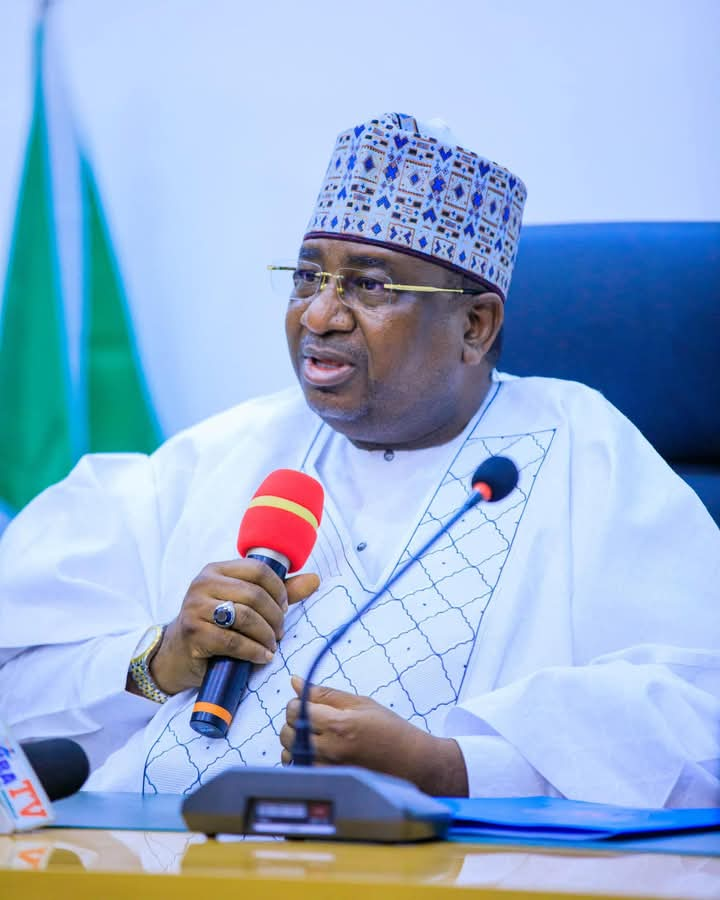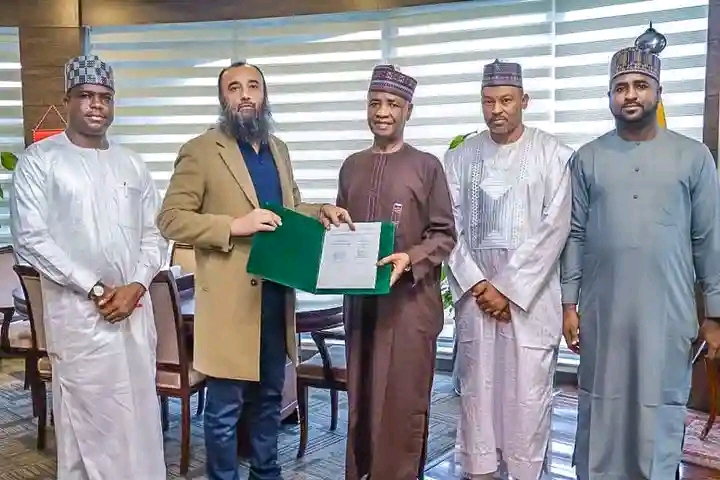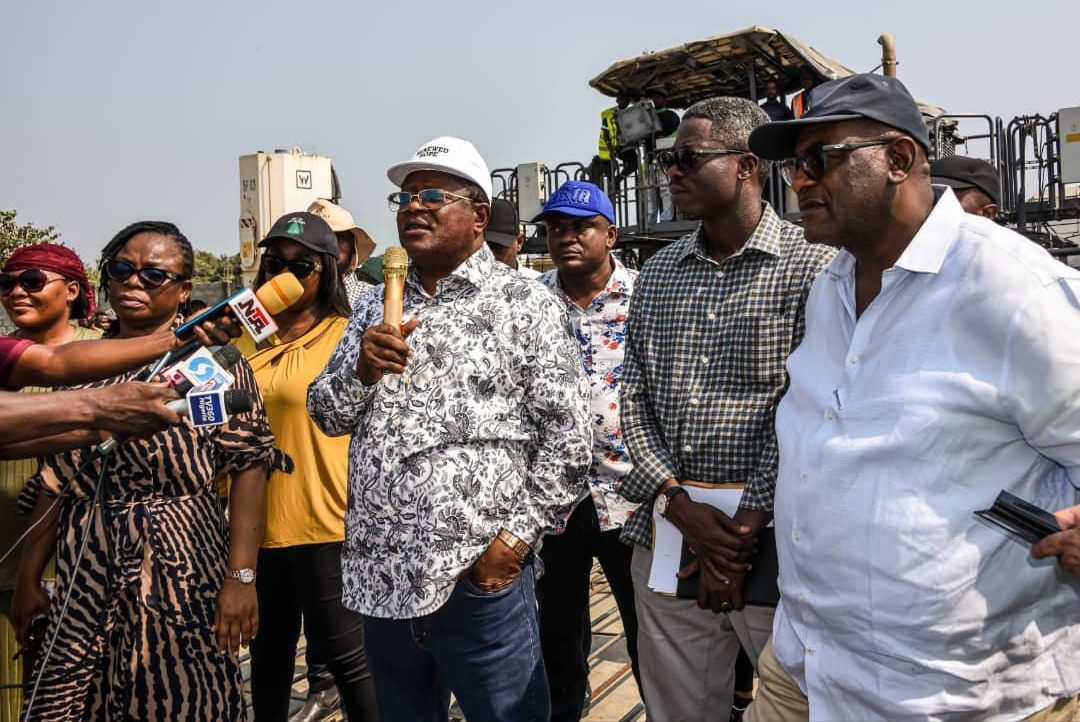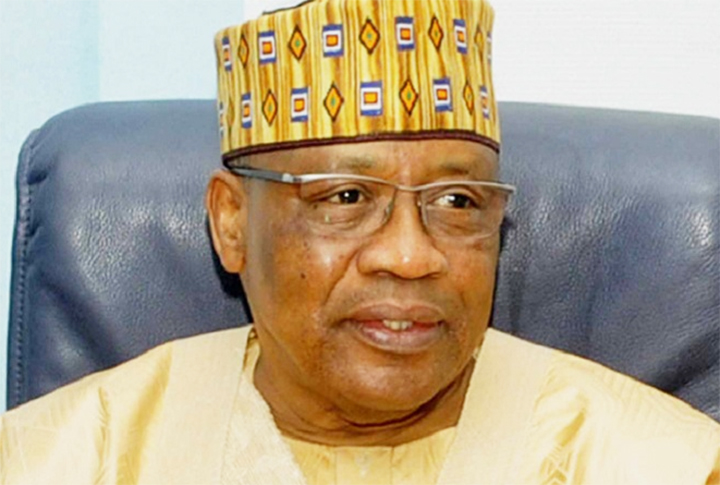By: Jabiru Hassan.
The Minister of Works, His Excellency, Engr. (Sen.) David Umahi, CON, FNSE, FNATE, has attributed the actualization of the Lagos-Calabar Coastal Highway and other legacy projects across the country as catalysts for the country’s economic emancipation.
He affirmed this during an inspection tour of ongoing construction on Phase I, Sections I and II of the highway in Lagos. He said that “the project, designed to traverse nine states along Nigeria’s shoreline, is an investment in our collective future.”
According to the Minister, the Coastal Highway will incorporate wind turbines within its corridor to generate clean energy, which will earn the country carbon credit, thereby putting Nigeria on the global pedestal of environment-friendly nations.
He said that there will be windmill energy for the benefit of the adjoining communities, solar lights, as well as train service in-between the entire alignment, which will stimulate lots of socio-economic investments along coastal corridors.
He added that the legacy projects passing through the Northern parts of the country will include dams for electricity generation and agricultural irrigation purposes along their corridors apart from the train tracks.
Engr. Umahi commended the contractor, Hitech Africa Construction Limited for its demonstrated technical prowess. He also praised them on the pace of the project, array of equipment, quality, and above all, the company’s readiness and determination to deliver on agreed standards and timelines.
Providing details on the Lagos State’s section of the Coastal Highway to the Minister and members of his team, the Federal Controller of Works, Lagos State, Engr. Olukorede Kesha said that the project starts from the Ahmadu Bello Way Junction in Victoria Island and terminates at the coastal town of Calabar in Cross River State with a spur to Abakaliki in Ebonyi State totaling about 750km.
The whole alignment is being done on continuous reinforced concrete pavement (CRCP). She added that the stretch that falls within Lagos State is 103 kilometers in length. According to her, for ease of construction, a phased execution was adopted.
The Controller also disclosed that payment of compensation on properties on the Right of Way (RoW) is ongoing with other minor complaints that the contractor encountered in the course of executing the job.
Aside from the payment of compensation on properties, another major challenge is that of the Lekki Free Zone, which falls within Phase I, Section II, measuring 55.77 kilometers in length. The contractor promised to deliver this section of the road by May 2025.
The Minister took time to settle the conflict involving stakeholders, namely, the Lekki Free Trade and the Lagos Free Trade Zones to enable the contractors to have unhindered access for the construction of the road.
According to the Minister, who narrated the outcome of the meeting in an interview with newsmen, the Lekki and Lagos Free Zone Companies requested compensation on their properties that will be affected by the ongoing construction, additional flyovers, points for water discharge, solar lights and lots more.
These requests were addressed, as they would be compensated for the properties being affected. They were, however, advised to leverage one of the Federal Government’s water discharge points into the lagoon, while solar lights will be provided, as well as the incorporation of an additional two (2) interchanges to the initial design.
Both the Management of the Lekki and Lagos Free Trade Zone Companies commended the Minister for initiating the meeting and addressing the issues on the ground. For them, the engagement is a great leap forward to ease of doing business.
The Honourable Minister also inspected Section I of the Construction of the Lekki Deep Sea Port Access Road in Lagos State from Epe – Sagamu/Benin Expressway (54.2km) in Lagos and Ogun States.













